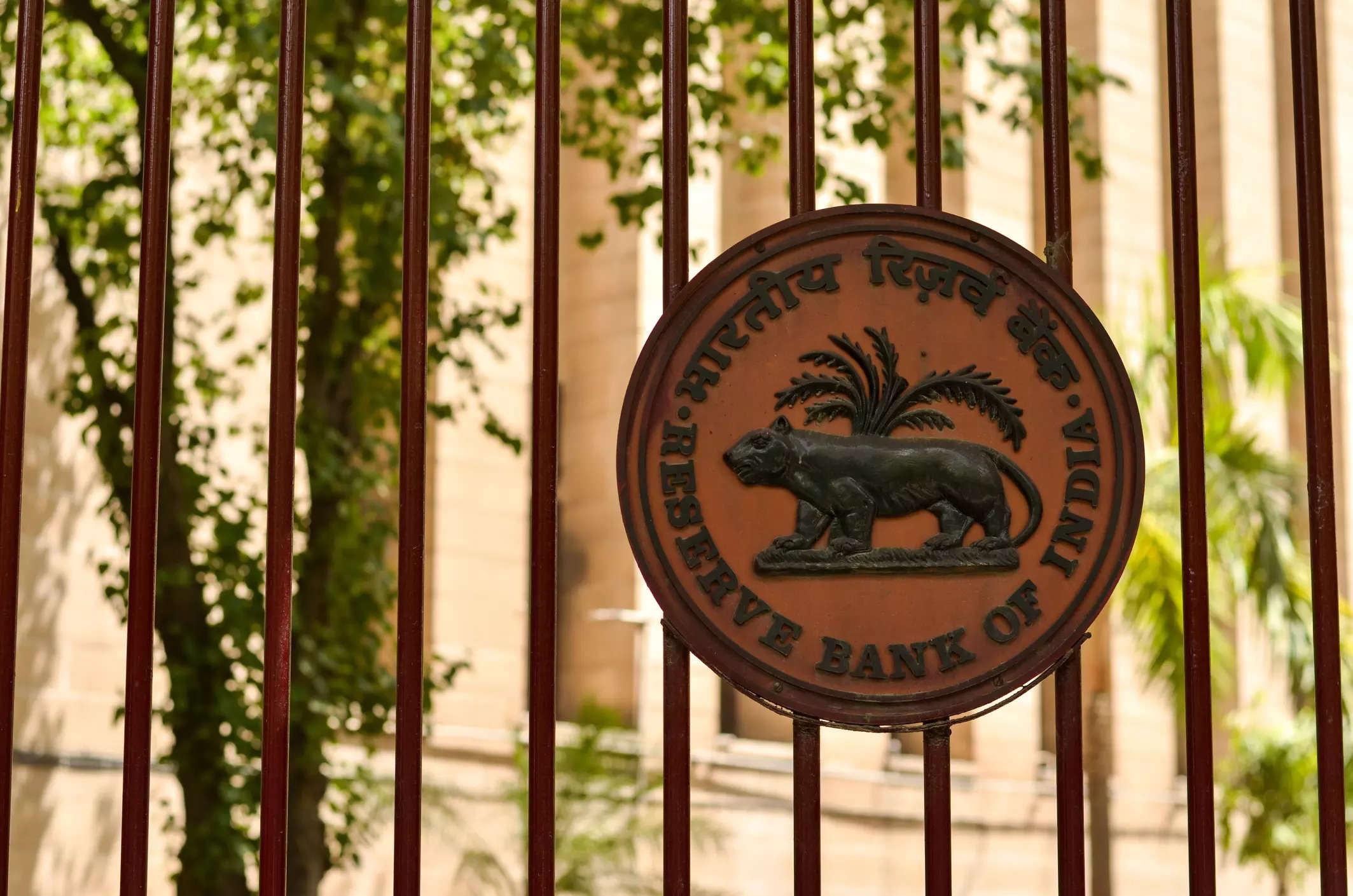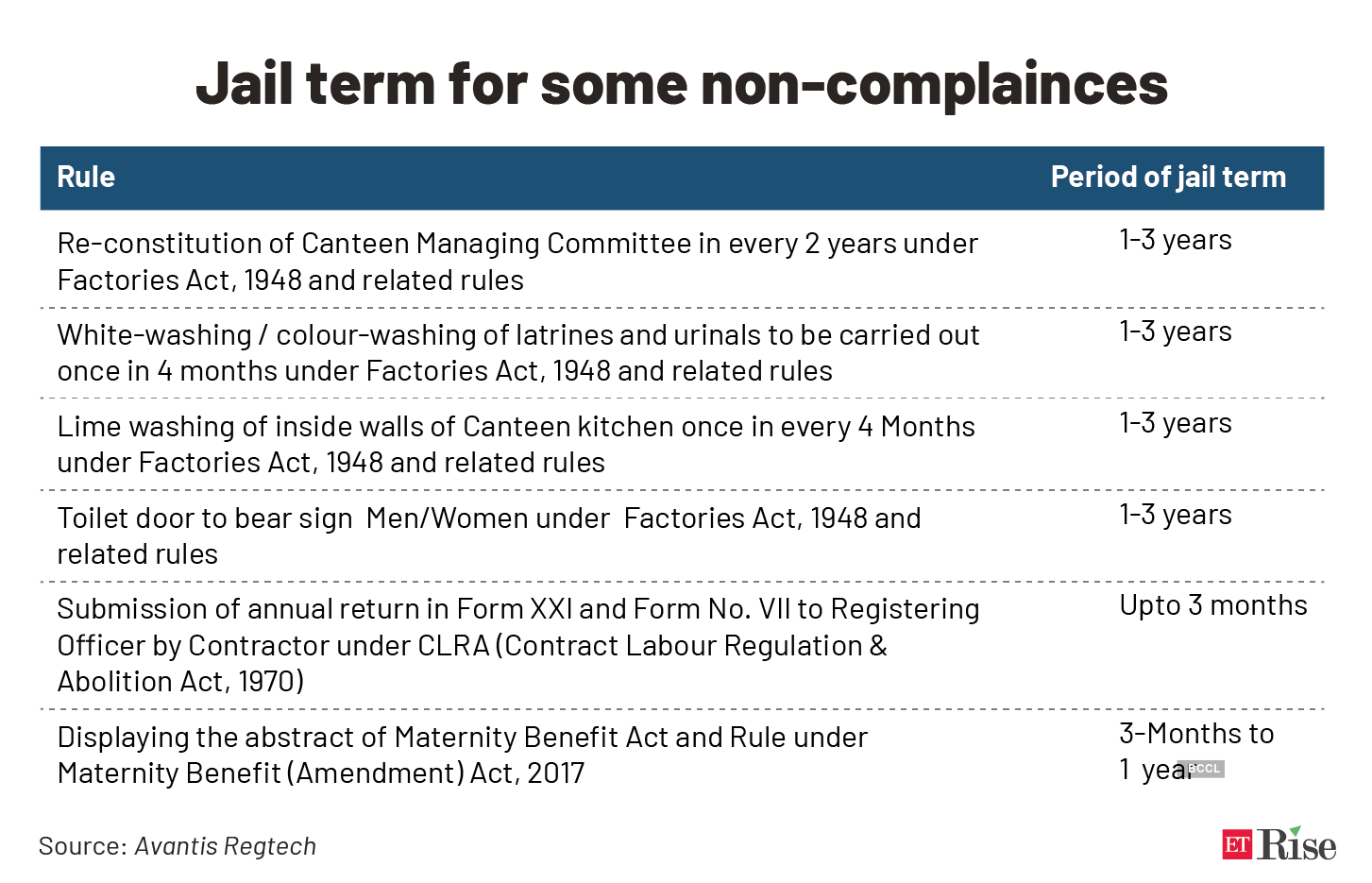Vikas Singh Chauhan, Director of MSME-dominated Home Textile Exporters Welfare Association (HEWA), says banks declare factories as non-performing assets (NPA) if the entities concerned cannot repay loans in 90 days. He calls this “total harassment” by banks. “Our foremost demand is that the government revoke the Securitisation and Reconstruction of Financial Assets and Enforcement of Security Interest (SARFAESI) Act for MSMEs for a few years,” Chauhan says. The act allows banks and other financial institutions to auction commercial or residential properties of borrowers to recover loans in case of a default.
Industry stakeholders point out that the MSMEs bear the brunt of any crisis. Referring to the economic disruptions because of Covid, geopolitical issues, supply chain disruptions and inflation, they say the world has faced one crisis after another in recent times, and MSMEs need some relief for a while.
Small businesses sometimes also are forced to pay prepayment penalties when they want to move away from one bank to another. The Federation of Indian Micro and Small & Medium Enterprises (FISME) calls this a bizarre practice that some private sector banks adopt. Anil Bhardwaj, the industry body’s secretary general, says these lenders levy prepayment penalties of about 4% on MSEs trying to change the bank because of unsatisfactory services. This is in defiance of the code for micro and small businesses that was facilitated by the Reserve Bank of India, claims FISME.
With a large informal base, the small and medium enterprises account for almost one-third of the country’s economy and over 40% of the exports. The sector has a wish list that includes redressal of regulatory and compliance bottlenecks. The government has introduced several reforms and cut red tape, allowing the country to climb in the World Bank Ease of Doing Business index. But there are some specific issues that need to be addressed for ease of doing business, say SME players.
 iStock
iStockBanks have many penalties and charges that it levies on businesses that go against RBI’s lending code.
Chauhan stresses on the need to focus on policy certainty. “Forget taking on China. We should first aim to be like Vietnam. And that requires a high degree of policy predictability first,” he says.To encourage more entrepreneurs, the government should also give concessions in goods and services tax and for land purchases. “But this isn’t happening. Instead, they are being tagged as risky exporters, and their GST refunds and duty drawbacks are put on hold. Many genuine businessmen face these hardships. We expect the budget to look into these issues and bring in ease of doing business in its truest sense,” Chauhan adds.On the financial side, FISME asks the government to roll out an option to replace bank guarantees (BGs) with surety bonds (SBs).
Though 25% of central government procurements have to be from MSMEs, many small businesses cannot participate in this business because BGs are required. These guarantees require a security deposit, which blocks a sizable amount of working capital. SGs require no collateral. In the previous budget, the finance minister had announced such a route, but that decision has not been implemented yet, says FISME.
Saket Dalmia, President of industry body PHDCCI, flags up the need to rejig the Insolvency and Bankruptcy Code’s waterfall mechanism. This treats MSMEs as unsecured creditors during the distribution of assets after liquidation. So MSMEs end up getting a meagre amount after the secured creditors and employees are paid. “It could result in them going bankrupt. For a favourable business environment, it is imperative that the small operational creditors get more priority during bankruptcy proceedings,” Dalmia adds.
Prison time
Industry observers also suggest that the budget address the requirement of multiple identities to conduct business operations. A “unique enterprise number” (UEN) on the lines of Aadhaar can be a way to streamline the process, they add.

The employer compliance ecosystem has deeply entrenched hostility and mistrust for entrepreneurs, says Rishi Agrawal, CEO and Co-Founder of TeamLease RegTech. “There are 26,134 compliances with provisions for imprisonment under 843 legislations, rules, and regulations that oversee business activities. As per the Jailed for Doing Business Report, 2 of every 5 clauses that affect business activities in India carry imprisonment as a penalty,” he says. This will scare aspiring entrepreneurs and promoters from looking to grow their businesses.
Agrawal adds that in 2022, there were 4,880 regulatory updates published by government ministries, departments, and regulators on over 2,000 websites in the form of notifications, circulars, press releases and ordinances, among others. “This makes it difficult for compliance officers to keep track of their updated compliance obligations. He adds that a national portal of compliance obligations that allows enterprises to search, sort, and filter through applicable compliances will also go a long way in reducing the complexity of the regulatory environment,” he says.
Another glaring issue that industry observers want the upcoming budget to address is the issue of multiple identities needed for conducting business operations. Presently, enterprises are required to obtain multiple identities (PF, ESIC, PAN, CIN, TAN etc.) issued by various central and state government departments. This has created a situation wherein there is no single source of truth for building corporate compliance and risk profiles.









